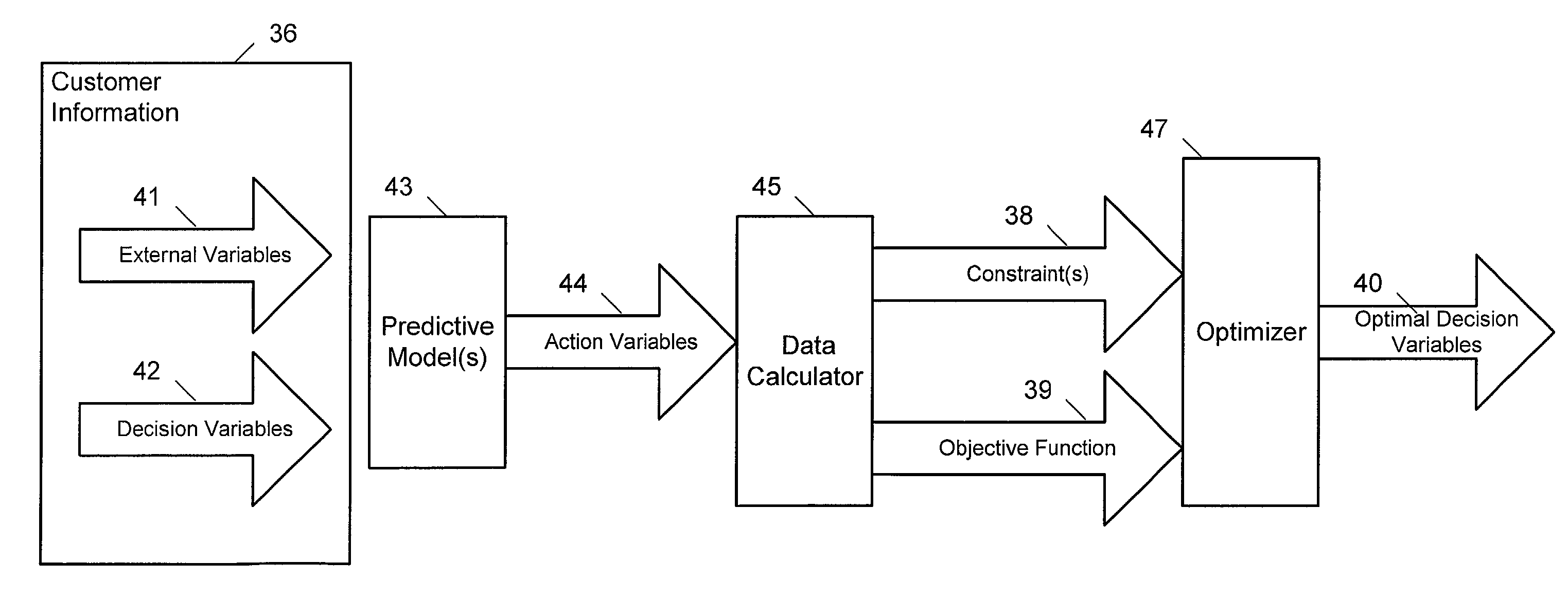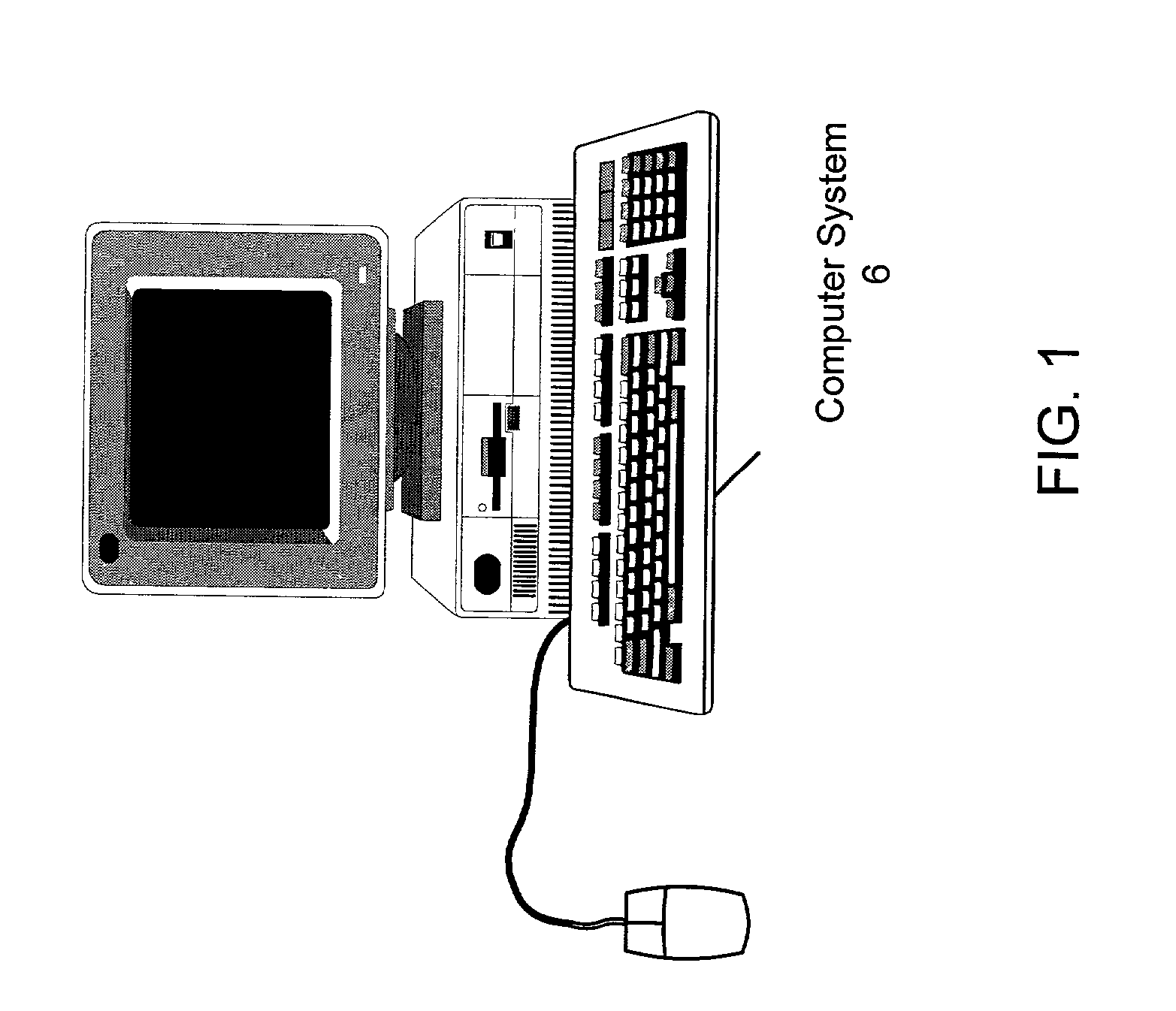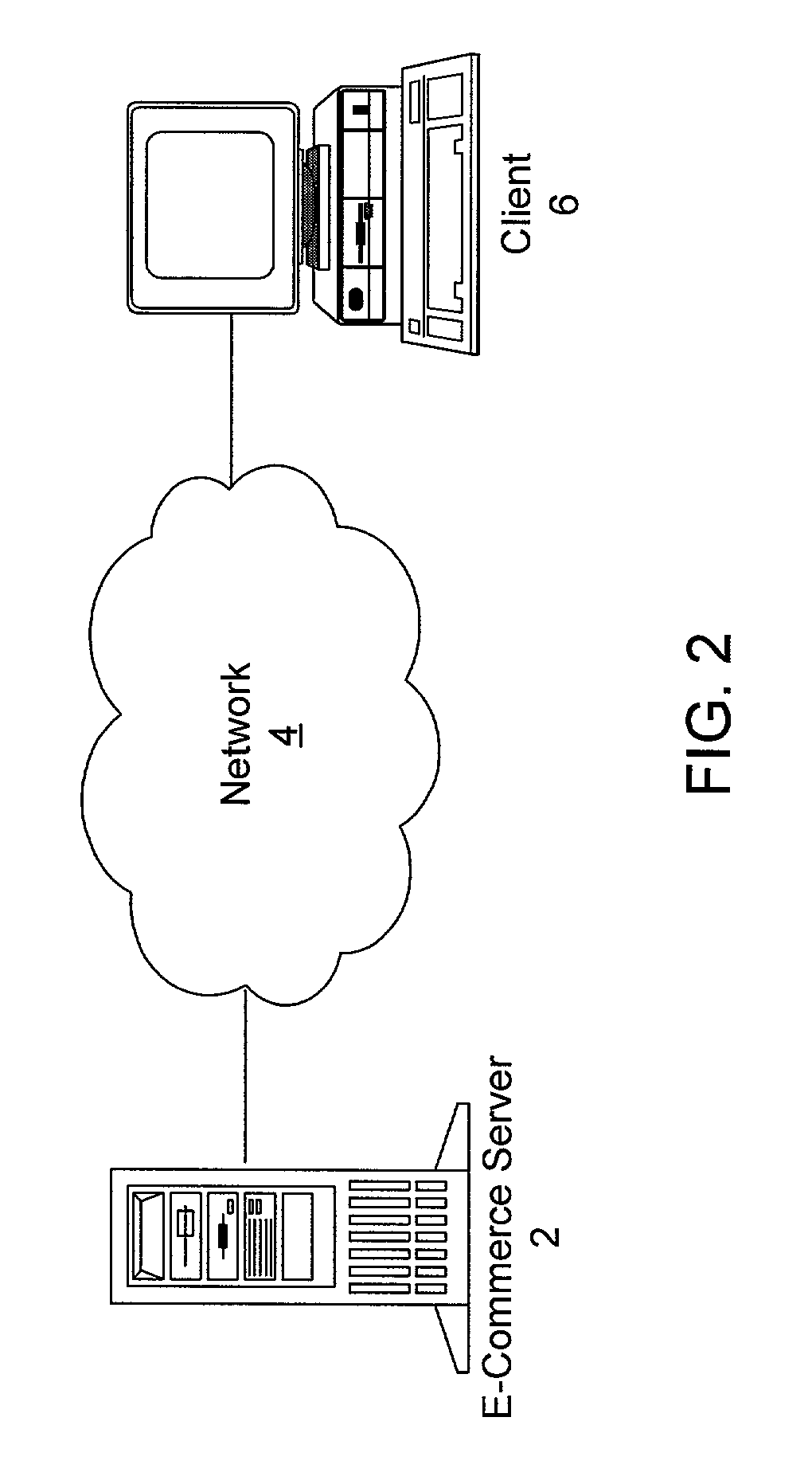System and method for pre-processing input data to a non-linear model for use in electronic commerce
a nonlinear model and input data technology, applied in the field of predictive system models, can solve problems such as missing training/testing patterns, incomplete input data, and incomplete areas of input space, and achieve the effects of improving the accuracy of input data, improving accuracy, and improving accuracy
- Summary
- Abstract
- Description
- Claims
- Application Information
AI Technical Summary
Problems solved by technology
Method used
Image
Examples
Embodiment Construction
[0076] Incorporation by Reference
[0077] U.S. Pat. No. 5,842,189, titled "Method for Operating a Neural Network With Missing and / or Incomplete Data", whose inventors are James D. Keeler, Eric J. Hartman, and Ralph Bruce Ferguson, and which issued on Nov. 24, 1998, is hereby incorporated by reference in its entirety as though fully and completely set forth herein.
[0078] U.S. Pat. No. 5,729,661, titled "Method and Apparatus for Preprocessing Input Data to a Neural Network", whose inventors are James D. Keeler, Eric J. Hartman, Steven A. O'Hara, Jill L. Kempf, and Devandra B. Godbole, and which issued on Mar. 17, 1998, is hereby incorporated by reference in its entirety as though fully and completely set forth herein.
[0079] FIG. 1--Computer System
[0080] FIG. 1 illustrates a computer system 6 operable to execute a non-linear model for performing modeling and / or control operations. Several embodiments of methods for creating and / or using a non-linear model are described below. The compute...
PUM
 Login to View More
Login to View More Abstract
Description
Claims
Application Information
 Login to View More
Login to View More - R&D
- Intellectual Property
- Life Sciences
- Materials
- Tech Scout
- Unparalleled Data Quality
- Higher Quality Content
- 60% Fewer Hallucinations
Browse by: Latest US Patents, China's latest patents, Technical Efficacy Thesaurus, Application Domain, Technology Topic, Popular Technical Reports.
© 2025 PatSnap. All rights reserved.Legal|Privacy policy|Modern Slavery Act Transparency Statement|Sitemap|About US| Contact US: help@patsnap.com



